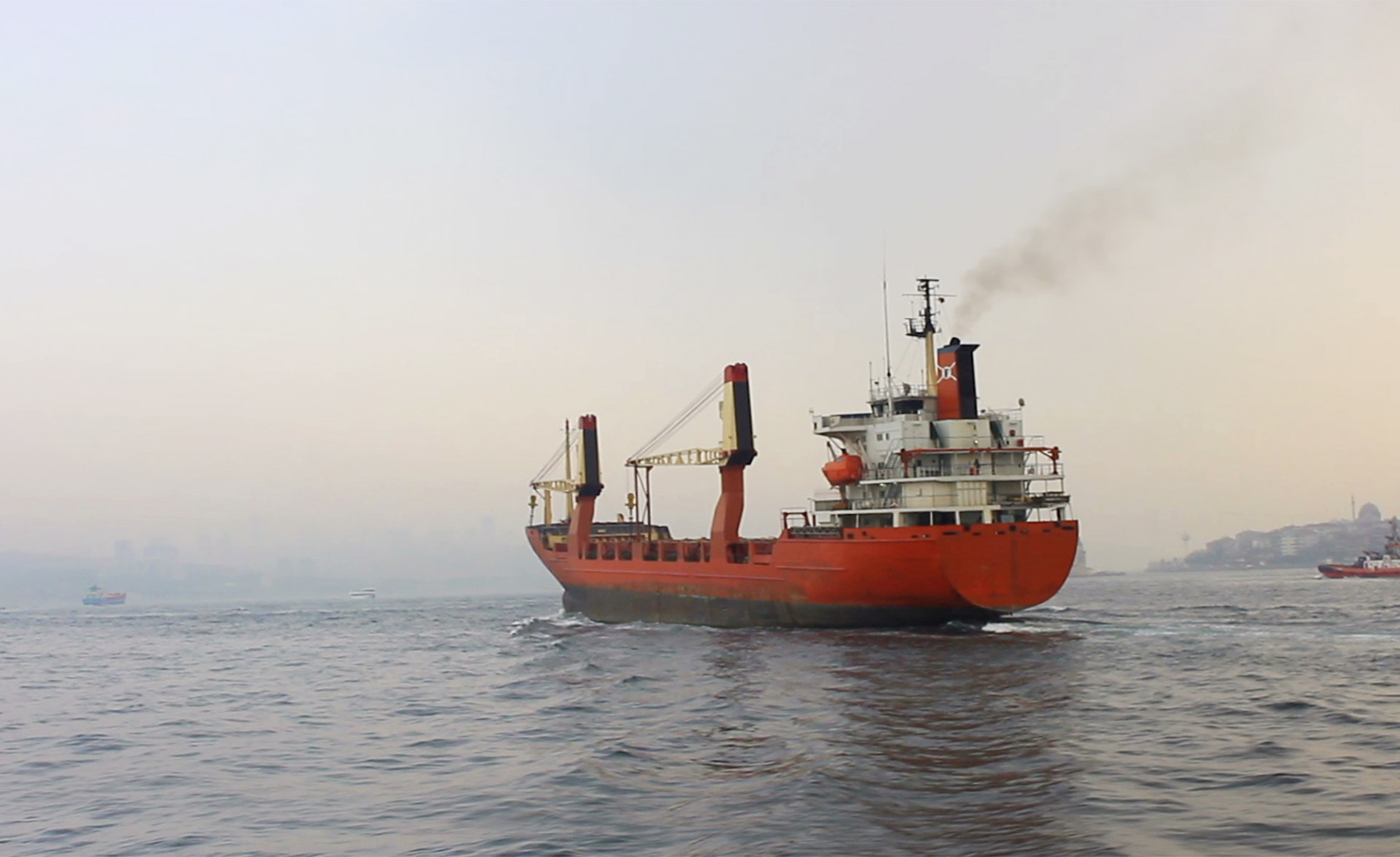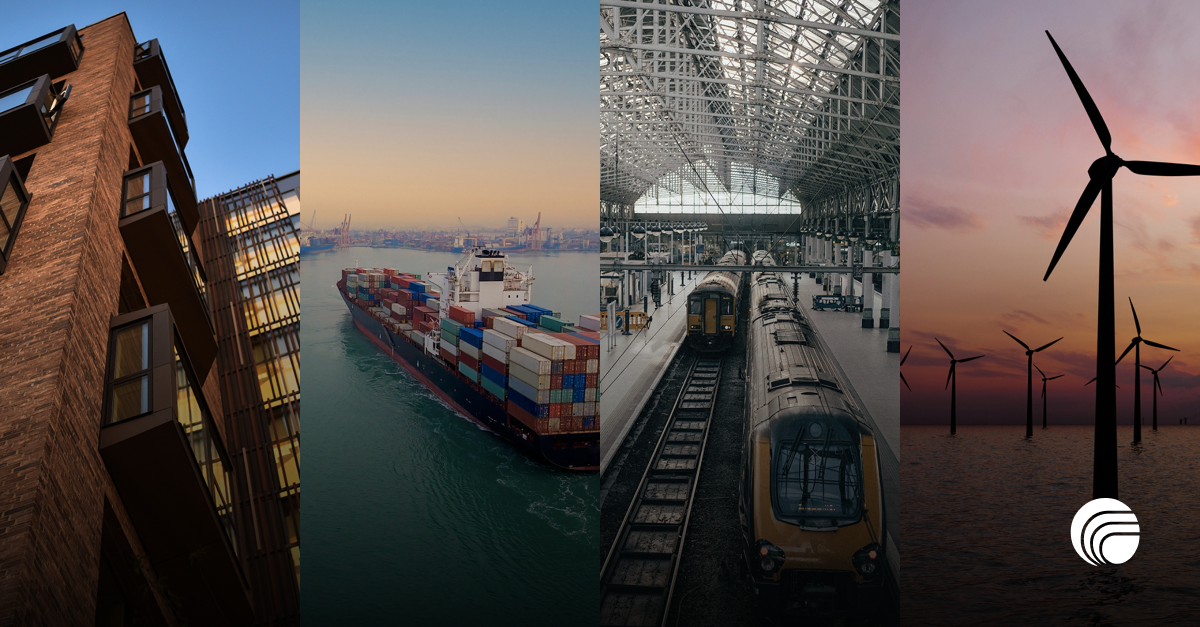IMO (International Maritime Organization) regulations from 2020 stipulate a worldwide limit for SOx emissions of 0.5 per cent. Installing scrubbers or switching to LNG are two ways of reducing sulphur. In both cases, Consilium has the equipment you need to secure operations.
Global coverage
Climate change and health-related issues are transforming emission rules at sea. A report from CEEH (Centre for Energy, Environment and Health) shows that air pollution from international shipping causes approximately 50,000 premature deaths in Europe.
Today, ships are allowed to use fuels with sulphur content of up to 3.5 per cent. Since 2015, however, ships sailing in sulphur emission control areas have to use fuel with less than 0.1 per cent sulphur. Examples of emission control areas are the Baltic Sea, the North Sea and most of the US and Canadian coast.
The general 0.5 per cent sulphur standard from the IMO is expected to save 40,000 lives yearly on a global basis when implemented in 2020. In 2016, IMO also sharpened its regulations to cut down NOx emissions on new ships by up to 80 per cent compared to levels in year 2000.
Technical solutions
Low sulphur fuel oil is 2–4 times more expensive than standard fuel, making scrubbers an attractive alternative for reducing emission levels on existing ships. With a Continuous Emission Monitoring System from Consilium, CEMS, you can prove compliance to the administration.
Another option, for practical reasons mainly for new ships, is switching from diesel to LNG. As LNG has virtually no sulphur content, that problem is gone, but you need to make sure that the system is not leaking. Consilium has been in the gas detection business since 1959 and can provide you with proven and backward compatible technology.
In our next newsletters, we will go into the details of CEMS and LNG gas detection. In the meantime, feel free to contact us if you have any questions or to arrange a meeting. We are always ready to get ready for the future.
Talk safety with us
There are thousands of questions regarding safety. But there are also thousands of answers. Talk safety with us – we are ready when you are.



